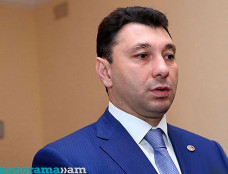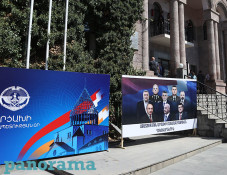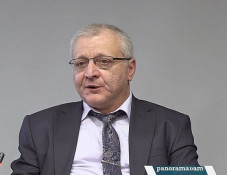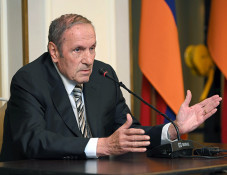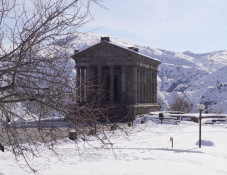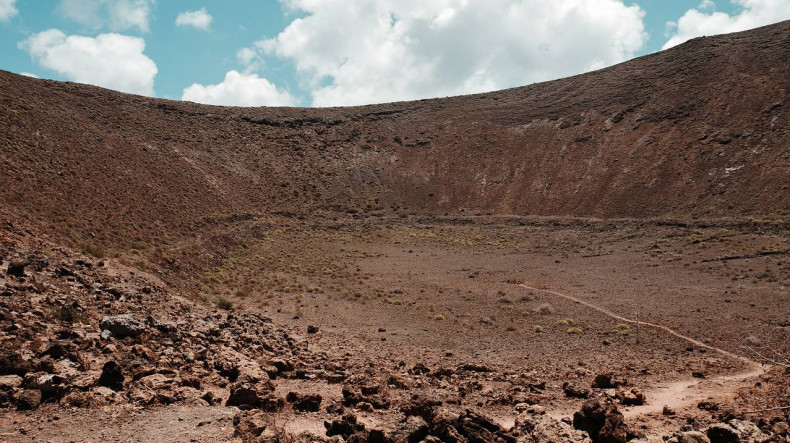
Spain asks US to remove soil from nuclear accident site
Spain said Monday it has asked the United States to begin procedures to remove soil contaminated with radioactivity after a mid-air collision dumped four U.S. hydrogen bombs near a southern Spanish village nearly 60 years ago, AP reported.
None of the bombs had exploded, but the plutonium-filled detonators on two went off, spreading several kilograms (pounds) of highly radioactive plutonium 239 across the landscape around Palomares.
The Foreign Ministry said there would be no more details given on the petition until there is an official reply from the U.S.
Spain and the U.S. signed a statement of intent in 2015 to negotiate a binding agreement to further restore and clear up the Palomares site and arrange for the disposal of the contaminated soil at an appropriate site in the U.S. But for several reasons no agreement was ever signed.
The bombs fell on Jan. 17, 1966, when a U.S. B-52 bomber and a refueling plane crashed into each other, killing seven of 11 crew members. There were no fatalities on the ground.
The accident happened during the height of the Cold War when it was U.S. policy to keep nuclear-armed warplanes in the air constantly near the Soviet border.
The 2015 statement said that immediately following the accident both countries set about securing the area, removing contaminated soil and decontaminating the land. It said that they have since been monitoring and analyzing contamination levels.
The Spanish state news agency EFE said some 50,000 cubic meter (1,76 million cubic feet) of land over 44 plots were affected. The government has since been renting the land from its owners to keep it protected and now hopes to expropriate it.
Newsfeed
Videos









